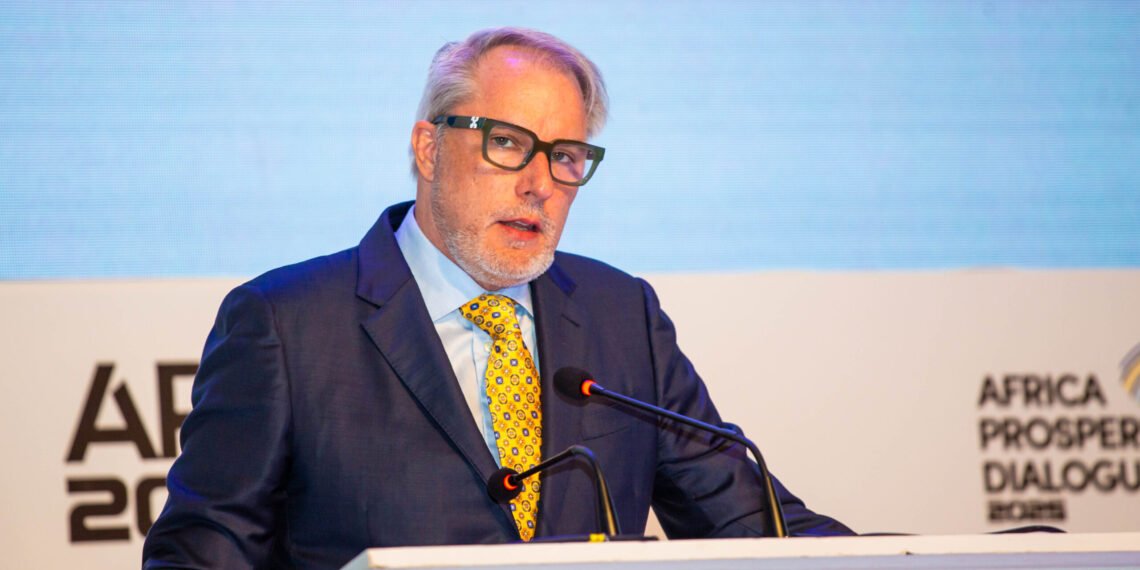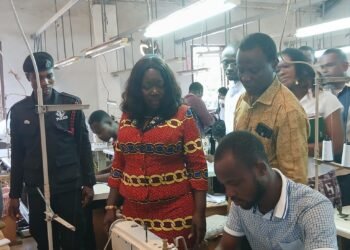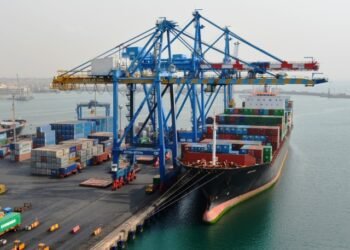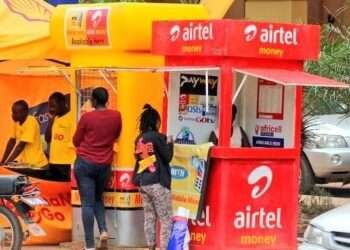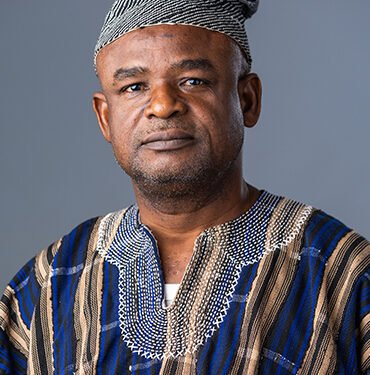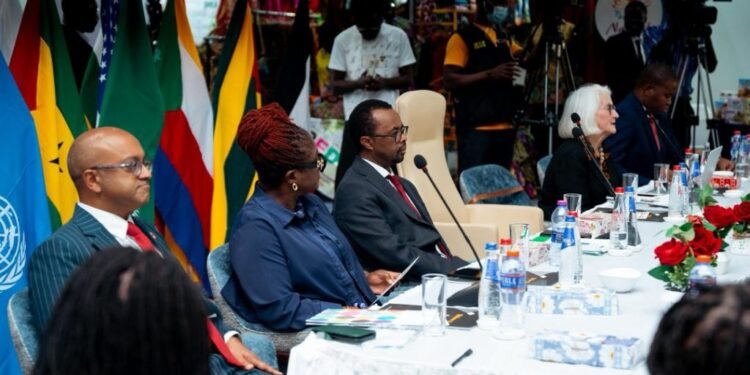MTN Ghana has announced plans to gradually phase out its 2G and 3G networks as part of a broader strategy to enhance spectrum efficiency and expand access to modern communication technologies.
Speaking at the Digital Africa Summit in Accra, Chief Executive Officer Stephen Blewett assured customers that the process would be carefully managed to avoid excluding millions of Ghanaians who still depend heavily on older networks.
The shutdown of 2G and 3G services is not unique to Ghana. Across the globe, telecom operators are decommissioning older networks to reallocate spectrum resources for more advanced technologies such as 4G and 5G. MTN Ghana’s decision follows this global trend, with the goal of boosting efficiency and ensuring customers enjoy faster, more reliable connections.
According to Stephen Blewett, the move is necessary to pave the way for innovation.
“Despite the widespread availability of 4G, a lot of our customers are still on 3G. For some, it is about managing their data consumption, while others are constrained by devices that cannot support 4G.”
Stephen Blewett
Customers Still Rely on 2G and 3G
A significant number of MTN’s subscribers continue to rely on 2G and 3G networks for their daily communication needs. While some deliberately stick to these networks as a cost-control measure, others face challenges upgrading due to the affordability of compatible devices.
The CEO acknowledged these realities, stressing that the transition must be handled delicately.
“We cannot simply switch off 2G and 3G without ensuring that affordable 4G devices are within reach. Doing so would risk excluding a large number of Ghanaians.”
Stephen Blewett
For MTN Ghana, the challenge lies in balancing digital inclusion with technological advancement. While phasing out older networks creates room for innovation, it also risks marginalizing customers who are not yet ready or able to transition.
This is why the company is adopting a gradual approach rather than an abrupt switch-off. By giving customers enough time to prepare and ensuring that affordable 4G-enabled devices are available, MTN hopes to carry everyone along in this digital transformation journey.
The Role of Affordable Devices
One of the biggest hurdles in the migration process is device accessibility. Many customers, especially in rural communities, still use basic phones that are not 4G-enabled. For these users, the cost of upgrading poses a significant barrier.
Recognizing this, MTN Ghana has pledged to work with stakeholders, including device manufacturers and distributors, to ensure that low-cost 4G devices are introduced into the market. This initiative, according to the CEO, will be crucial in making the network transition inclusive.
In the intervening time, the gradual shutdown of 2G and 3G is expected to open up opportunities for wider adoption of 4G and eventually 5G in Ghana. With faster internet speeds, lower latency, and improved connectivity, MTN’s vision is to create a stronger digital economy where businesses, individuals, and communities can thrive.
As part of its long-term digital agenda, MTN Ghana aims to strengthen its role as a driver of innovation in the telecom sector. By investing in advanced network infrastructure, the company hopes to bridge the digital divide and empower more Ghanaians to take advantage of modern communication tools.
READ ALSO: SIF Pumps GHS40.8m Into Ghana’s MSMEs as PSDPEP Microcredit Fully Disbursed

